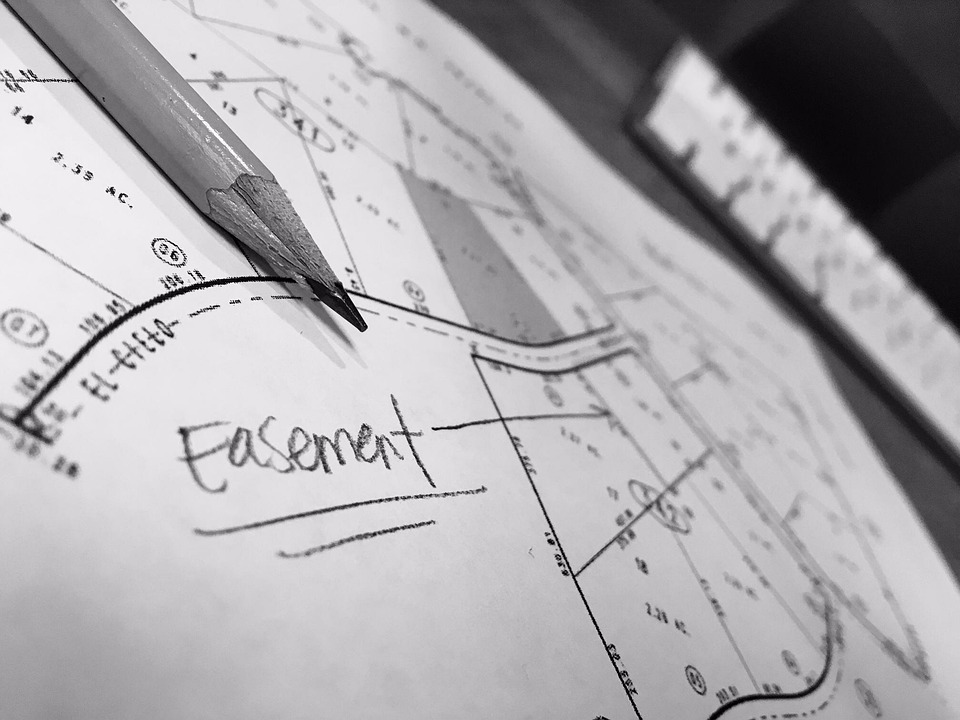Property easements are a common issue that many homeowners may encounter, but often do not fully understand. Knowing what easements are, how they affect your property, and what your rights are as a homeowner is crucial to navigating this aspect of property ownership. In this article, we will discuss the basics of property easements, how they can impact your property, and what steps you can take to protect your rights as a homeowner.
What is a property easement?
A property easement is a legal right that allows someone else to use a portion of your property for a specific purpose. This can include things like allowing a neighbor to use a portion of your driveway to access their property, or allowing a utility company to install and maintain cables or pipes on your land. Easements can be granted by the property owner, or they can be imposed by law or necessity. There are several different types of easements, including:
– Easements by express grant: These easements are voluntarily granted by the property owner, typically through a written agreement.
– Easements by implication: These easements arise by implication when it is necessary for the use and enjoyment of a property.
– Easements by necessity: These easements are created by law when a property owner needs access to their property, but there is no other reasonable way to access it.
– Easements by prescription: These easements are acquired through continuous and uninterrupted use of a property over a specified period of time.
How do easements affect your property?
Easements can have a variety of effects on your property, depending on the type of easement and the specific circumstances. For example, an easement for a driveway may limit your ability to build structures or park vehicles in the easement area. Similarly, an easement for utilities may restrict your ability to plant trees or build structures near utility lines.
It is important to understand how easements may impact your property before buying a home or making improvements to your property. Failing to take easements into account can result in costly legal disputes or complications down the road.
What rights do homeowners have in relation to easements?
As a homeowner, you have certain rights when it comes to property easements. These rights can vary depending on the type of easement and the specific circumstances, but some common rights include:
– The right to use your property in accordance with the terms of the easement.
– The right to maintain and repair the easement area, unless the easement holder is responsible for maintenance.
– The right to prevent unauthorized use of the easement area by others.
It is important to understand your rights as a homeowner in relation to easements, and to take steps to protect those rights if necessary. Consulting with a real estate attorney can help you navigate the complexities of property easements and ensure that your rights are protected.
FAQs
Q: Can easements be terminated or modified?
A: Easements can be terminated or modified under certain circumstances. For example, an easement may be terminated if the purpose of the easement is no longer necessary or if the easement holder agrees to release their rights. Easements can also be modified through mutual agreement between the property owner and the easement holder.
Q: Can easements impact property value?
A: Easements can have an impact on property value, depending on the specific circumstances. For example, an easement that restricts the use of a property or limits its development potential may reduce its value. On the other hand, an easement that enhances the property's usability or accessibility may increase its value.
Q: What steps can homeowners take to protect their rights in relation to easements?
A: Homeowners can take several steps to protect their rights in relation to easements. These include:
– Reviewing property records to identify any existing easements.
– Consulting with a real estate attorney before buying a home or making improvements to your property.
– Negotiating the terms of easements with the easement holder to ensure that your rights are protected.
– Seeking legal advice if a dispute arises regarding an easement.
In conclusion, understanding property easements is essential for every homeowner. Knowing what easements are, how they can impact your property, and what your rights are in relation to easements can help you navigate this aspect of property ownership with confidence. If you have questions or concerns about property easements, consider consulting with a real estate attorney for guidance.



